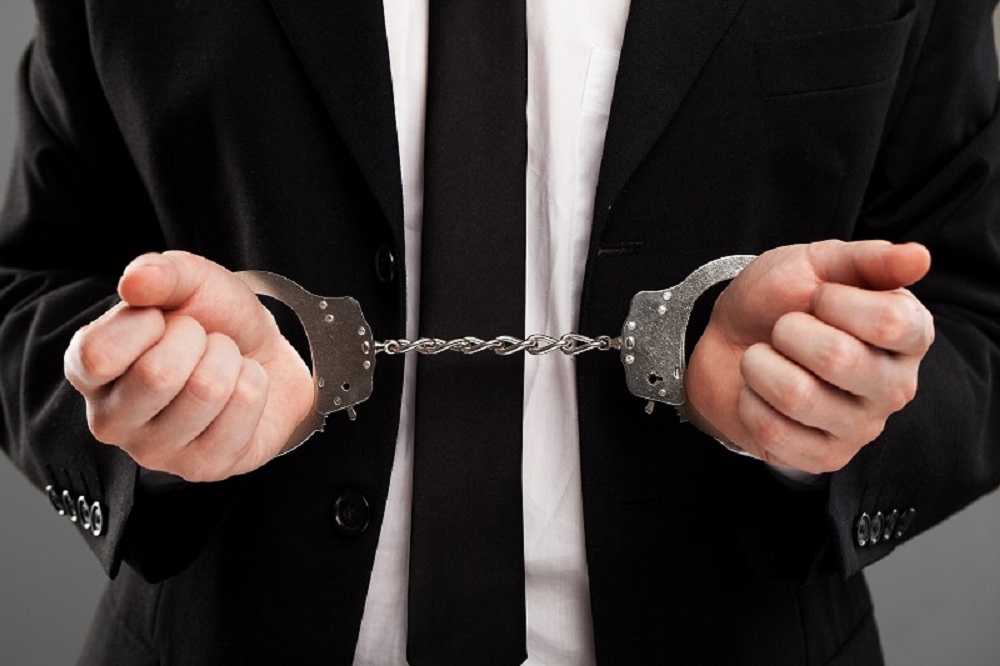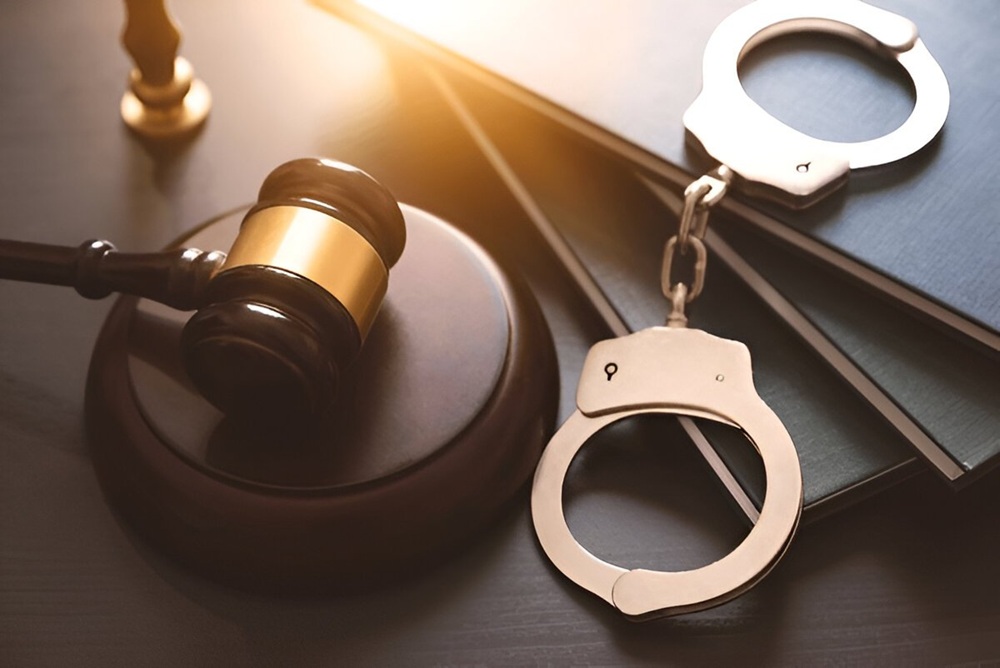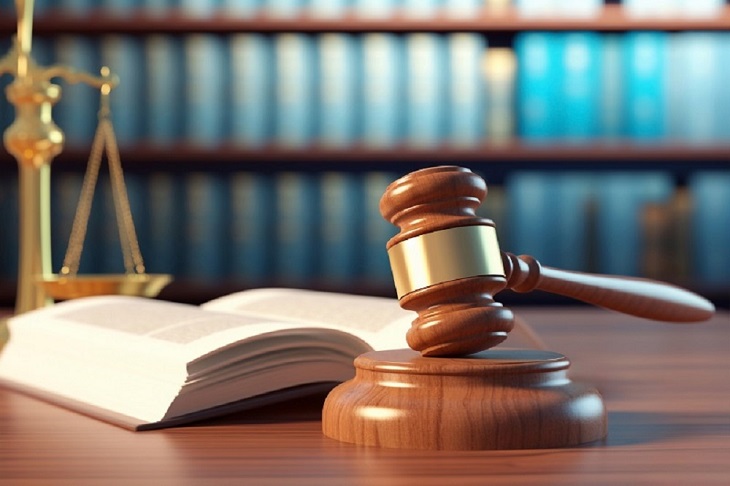How about pondering deeply on what it really means to consult a criminal lawyer? From that first nerve-racking phone call into the final verdict, what will it be like? And, how do you know when it calls for a criminal lawyer?
It can feel like a rather overwhelming experience when facing criminal charges but knowing what to expect in working with a criminal lawyer can make a difference. Whether handling the charges personally, standing by a close friend, or considering a career in criminal law, this is a guide that lays down all the fundamentals one must know. It covers the recognition of legal help necessity, the workings of court proceedings, and even how to become a criminal lawyer in Australia-all these, step-by-step.
You’ll learn the ins and outs of finding the right legal representation, what happens in the sleight of those first meetings, and how criminal lawyers build a life-changing defence. Plus, those intrigued by the profession itself will explore these graduates’ criminal law programs, where criminal lawyers work, and what it really takes to succeed in this challenging field.
You Need a Criminal Lawyer, When
Knowing when to call a criminal lawyer can be very complicated: many people wait much longer than they should, expecting it all to get sorted out, but this delay will rarely help improve the outcome of your case.
When Do You Need a Lawyer?
This could be, for example, when you are arrested and charged with a crime, or even recently when someone called you by police for questioning- get legal advice. From everything in traffic offences and assault charges to drug possession, theft, or white-collar crimes, don’t presume that a minor charge does not have a need for legal help they can all have a lasting effect on your record and future opportunities.
Any time the police want to question you about an offense, you are entitled to legal counsel. People tend to think that cooperating without a lawyer suggests they do not have anything to hide, but all they say, or fail to say, may be manipulated or used against them later in court of law. A criminal lawyer brings the necessary rights and speaks in private on such delicate issues.
The Difference Between Criminal and Civil Matters:
Criminal matters generally entail prosecuting somebody for violation of law by the state; on the contrary, civil matters generally concern differences within individuals or organizations. More often than not, police are involved in criminal matters. Penalties associated with criminal offenses typically take the forms of fines, community service, or custody. Civil matters, in contrast, revolve around an award usually made in monetary terms.
The above differentiation is extremely important because it carries much more serious consequences. It reflects on background checks and employment possibilities while getting travel opportunities limited as well. This is why criminal lawyers specialise in this particular area; the stakes are simply too high to generalize the advice given by lawyers.

Red Flags You Should Seek Legal Advice
The red flags for a criminal charge include the receipt of a court attendance notice, being summoned to the police station for an interview, and the police searching the home or premises. Another good sign that one requires legal protection urgently is that investigators have resorted to contacting family, friends, or your employer in order to obtain information about you.
Never wait until the investigation is now complete and charges have been formally laid. This phase is critical, and sometimes having a lawyer involved early will prevent charges from ever being laid. They negotiate with police and make certain all procedures are followed correctly, continuing to advise you as to your best action.
Where Criminal Lawyers Work
Familiarity with the various settings in which criminal lawyers operate is helpful in deciding on the correct representation for your case. The legal terrain in Australia has many broad avenues, each offering its unique benefits.
Public Lawyers and Private Criminal Law Firms
Private criminal law firms usually have attorneys whom clients directly pay for their services. Some are so-called boutique practices that handle a particular range of crime types while most are big firms with relatively bigger resources and teams. Private lawyers often devote more time to cases individually and provide closer attention within cases.
Those individuals who are incapable to afford a private legal lawyer receive a public defender from Legal Aid. The attorneys of such a type are skilful and committed; however, they will usually be burdened with overwhelming caseloads, thus normally restricting the time spent on them with each case. Nevertheless, one should never devalue public defenders; many are marvellous lawyers with at least decades of knowing the courtroom.
Areas Of Criminal Law Specialisation
Criminal law is full of different specialties. A few lawyers will restrict their practice to white-collar crime, such as fraud and corporate misconduct cases. Other specializations include drug offenses, sexual assault cases, and traffic matters. The choice of an attorney should fit the type of charge with which you may be facing; this choice is crucial because it could win or lose your case.
Those specialists have mastered every aspect of the offense, know case law applicable to it by heart, and maintain relationships with experts in these very fields. Having witnessed and analysed prosecution tactics regarding these cases, they will be able to identify the strategies even before they take place.
Court Systems and Jurisdictions of Australia
Depending on the severity of the offense, there are a variety of Australian courts with the authority to hear criminal cases. Local Courts handle minor criminal matters, District Courts are for serious criminal offenses, and the Supreme Court will take the gravest of crimes. Each court operates differently, and criminal lawyers learn to manoeuvre these differences.
Your attorney must have a permit to practise in your state or territory. While the basic laws remain similar throughout Australia, the procedures and relationships in different jurisdictions can greatly affect your case. Thus, being local and knowing the court or judge is sometimes of great benefit when proceedings start.
The Right Criminal Lawyer for Your Case
Looking for a good attorney is hard enough without the stress of faced charges against you. However, considering that in the long run searching for someone trustworthy and with the appropriate expertise for your special case pays off.
Required Qualities to Search For
In addition to the requisite legal qualifications, try to find lawyers who present their findings clearly and will allow you to place your opinion on things. They should reduce all highly technical terms to real language, as well as keep you posted all the time on how your case is doing. Good criminal lawyers are also realistic about outcomes – be wary of anyone promising guaranteed results.
Experience in criminal law matters, but so does recent courtroom activity. You want someone who has high-rate appearances to court, knows the standing judges and prosecutors, and is always staying abreast with legal changes. Check if they are members of crime law associations or have any extra accreditations in their specialization area.

Researching Criminal Law Firms and Their Tracks
You should do your groundwork first online without stopping there. Look at the firms that have informative websites that could show the experience of the firm. Read the reviews by clients, but it is to be kept in mind that the criminal clients do not share as easily as the others do due to the very nature of their cases. Professional accomplishments published articles and speaking engagements point to people who are respectable practitioners.
To refer, trusted sources include other lawyers, community legal centres, or even other support services. The Law Society in your state will be able to confirm if lawyers are licensed properly, as well as if they have faced any disciplinary actions. Some firms will offer opportunities to work with them as an intern in criminal law, which only means that they are solid enough to train the making of future lawyers.
Legal Aid Explained
Legal Aid is determined by finances and by how serious the charge is. Income, assets, and merits are examined in the application process. So there is an outside chance that even if you do not qualify for full representation, you may obtain duty lawyer services for first court appearances or legal advice sessions.
Some private firms will offer payment plans and/or fixed-fee arrangements for certain matters. Some might even be willing to make a significant cut in their normal fees believing in your defence or seeing that your case has the potential for precedent. You should not assume you cannot afford excellent representation until you have exhausted all efforts.
How To Become A Criminal Lawyer in Australia
To become a criminal lawyer in Australia requires completion of an accredited law degree, be it undergraduate or postgraduate. That education of criminal lawyer then proceeds to Practical Legal Training (PLT), which bridges the academic study with real-life practice. Overall, this combination can take anything between five to seven years, depending on one’s pathway through study and full-time or otherwise.
After being admitted to practice, most aspiring criminal lawyers apply for criminal law graduate programs or positions in established firms. These early years consist of watching court proceedings, assisting senior lawyers, and gradually being given more responsibility. Work experience in criminal law firms while at university is invaluable in understanding how things work, in making contacts, and in leading to graduate jobs.
How Long Until You Become a Defence Lawyer?
It usually takes seven to ten years after graduating from law school to become an effective defense counsel. After formal education and some years on-the-job training under PLT, a lot of new lawyers can operate independently in relatively complex issues. Some lawyers feel sufficiently ready to appear in matters of Local Court two years out, while others take longer to slowly develop their courtroom presence.
The time taken to specialize only adds up in years, but the knowledge gained becomes an added bonus. Many criminal lawyers take up courses in advocacy, evidence, or specific crimes. To attain the Law Society qualifications as a specialist, a minimum of five years of experience is required, plus examination and peer reference.
Effectively Working with Your Legal Team
Your collaboration with your criminal lawyer will affect the outcome of your case. The right communication skills and mutual knowledge among both parties combine to forge a strong defence.
A successful lawyer is one who communicates in an honest and open way. Everything you know about your case, even embarrassing or damaging information, should be shared with your attorney. Communication between the client and the attorney is protected with respect to the so-called privilege of the client-lawyer. The more serious consequence of not sharing information tends to arise when an unexpected fact comes to light later on.
Conclusion
The experience of having a criminal lawyer should never again be made to feel like a mystery or be made involved beyond measure. From the time one affirms they need legal help, all through to case resolution, every step of the process was designed for your understanding in which to better participate with your defence. Whether it was choosing between working at a private firm and legal aid, making preparations for the next court date, or simply wishing to find out just how your lawyer made their case, having the knowledge reduced anxiety and promised better outcomes.

